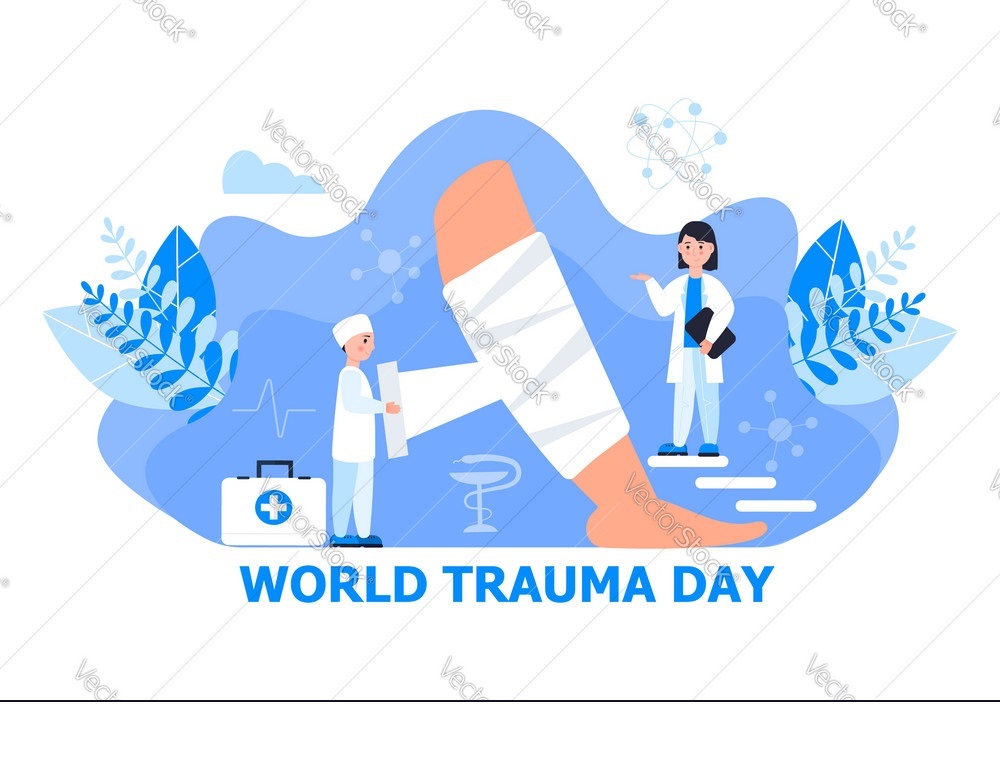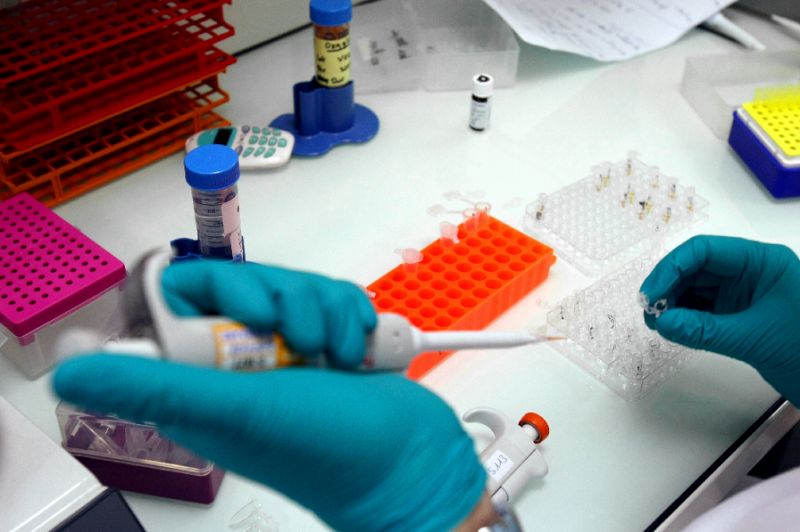New Delhi|HL
Physiotherapy is a crucial part of trauma recovery, helping patients regain mobility, manage pain, and prevent complications. It utilizes exercises, manual therapy, and education to restore function and improve quality of life after injuries like fractures, spinal cord injuries, and brain injuries, on World Trauma Day, senior researcher and physiotherapist Dr. Khyatee Sharma pens down important aspects of physiotherapy for healing trauma patients, she also served as a Sr. researcher and spent years at AIIMS , a renowned medical institute of Delhi for trauma care.
Physiotherapy plays an instrumental role in trauma
1.Restoring Mobility and Function:
Therapeutic exercises: A tailored exercise program helps improve strength, flexibility, range of motion, and coordination. This could include exercises to improve joint mobility, muscle strength, balance, and proprioception (body awareness).
Functional training: Activities that mimic daily tasks help individuals regain independence in performing everyday activities like walking, dressing, or climbing stairs.
2.Preventing Complications immobilisation due to trauma
Respiratory care: In cases of chest trauma, physiotherapy helps maintain lung function and prevent complications like pneumonia.
Early mobilization: Encouraging movement soon after injury or surgery helps prevent complications like blood clots, pressure sores, and muscle wasting.
3. Promoting Healing and Tissue Repair:
* Manual techniques: Soft tissue mobilization and other hands-on techniques can promote blood flow and healing to injured tissues.
* Therapeutic modalities:Ultrasound and other modalities can stimulate tissue repair and regeneration.
4.Specific Examples of Physiotherapy in Trauma:
Fractures:
Physiotherapy helps regain movement, strength, and function after a fracture.
Spinal cord injuries: Physiotherapy helps improve mobility, strength, and independence in individuals with spinal cord injuries.
Traumatic brain injuries: Physiotherapy helps improve cognitive and physical function in individuals with brain injuries.
Burns: Physiotherapy helps manage scar tissue, improve range of motion, and regain function after burn injuries.
Overall, physiotherapy is an essential part of trauma care, helping individuals recover from their injuries, regain function, and improve their quality of life. Physiotherapists work closely with other healthcare professionals to provide comprehensive care and support to trauma patients.

Authored by
Dr. Khyatee Sharma,
Ex-Senior Research Officer, AIIMS, New Delhi &
Director & CEO- PRATYAKSH Medical Care, Ghaziabad










